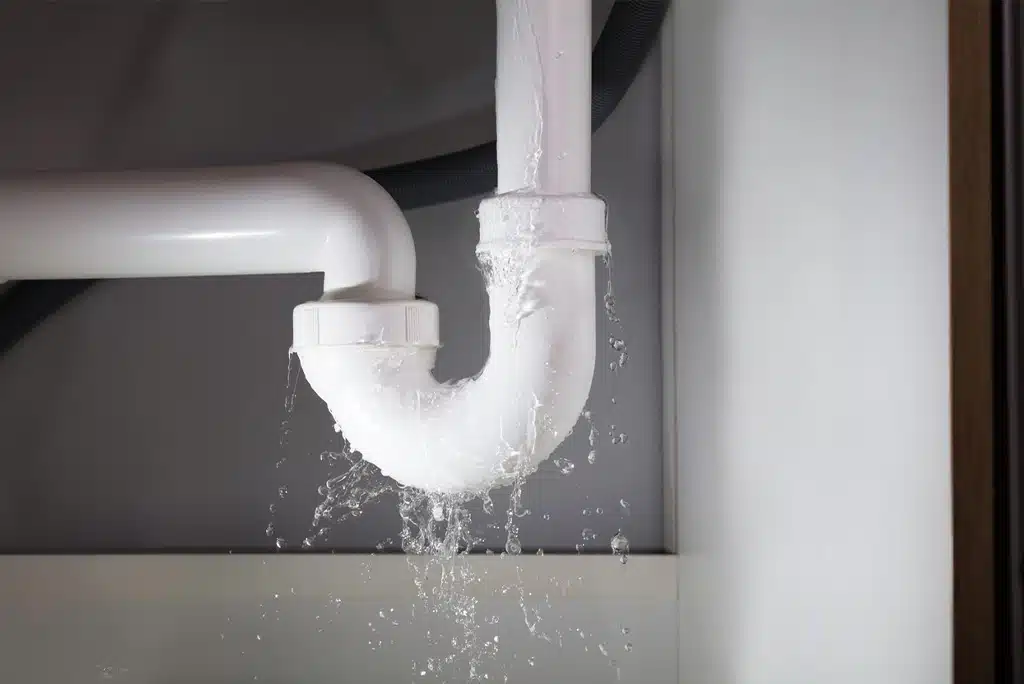Indoor Air Quality Statistics
Just how clean is the air inside your home? If you’re like most homeowners, you probably don’t give a lot of thought to this question, but this could be to the detriment of your family. Actually, indoor air quality is a very real concern for the modern homeowner. Statistics show that indoor air is actually quite a bit more dirty than you might think, and that’s why the team at Air Experts Heating & Cooling wants you to understand these important statistics and facts.
The Cleanliness of Indoor Air
Indoor air quality is a very real problem in the modern home, as building envelopes have become increasingly tight in an effort to ensure the energy savings of the modern home. Add to this an increased reliance on chemicals to clean today’s homes and you have a recipe for serious indoor air quality problems.
Unfortunately, pinpointing an exact statistic about how dirty indoor air is becomes difficult because indoor air quality is affected by so many factors. One home may be sealed more tightly than another, but have fewer contaminants inside, while another may have better ventilation, but be filled with pet dander from a pet-friendly lifestyle. Still, the EPA estimates that indoor air is often 2 to 5 times more dirty than outdoor air, with some homes and buildings suffering significantly higher numbers! Since the average individual spends 90% of his or her time indoors, this is a serious problem.
How serious is this? The World Health Organization estimates 4.3 million people every year die around the globe because of indoor air pollution. In the United States this number is lower, but the amount of respiratory discomfort and illnesses reported due to indoor air quality issues is still high.
Common Sources of Indoor Air Pollutants
According to the CDC, some of the most common sources of indoor air pollution are:
- Mold
- Pollen
- Dander from pets
- Secondhand smoke
- Formaldehyde
- Household cleaners and pesticides
- Carbon monoxide
- Fumes from paint and drywall
Because homes are so tightly sealed, these problems tend to circulate, causing your home’s occupants to breathe them over and over. This can lead to a number of respiratory concerns that are difficult to pinpoint and treat, because they are coming directly from the air inside your home.
Recommended Actions
The CDC and EPA don’t recommend any specific brands or models of indoor air cleaners or other indoor air quality solutions, nor do they claim the effectiveness of any particular product, but they do recommend steps to take to improve the air inside your home. These steps include:
- Improving the home’s ventilation
- Installing an effective air cleaner
- Changing air filters regularly
- Reducing exposure to sources of pollution
- Maintaining optimal humidity between 30 and 50 percent
If you are looking for help with any of these steps, or what to have your indoor air quality tested, contact the team at Air Experts Heating & Cooling today at 919-480-2727. You can also contact us online to discuss your air quality concerns today.







